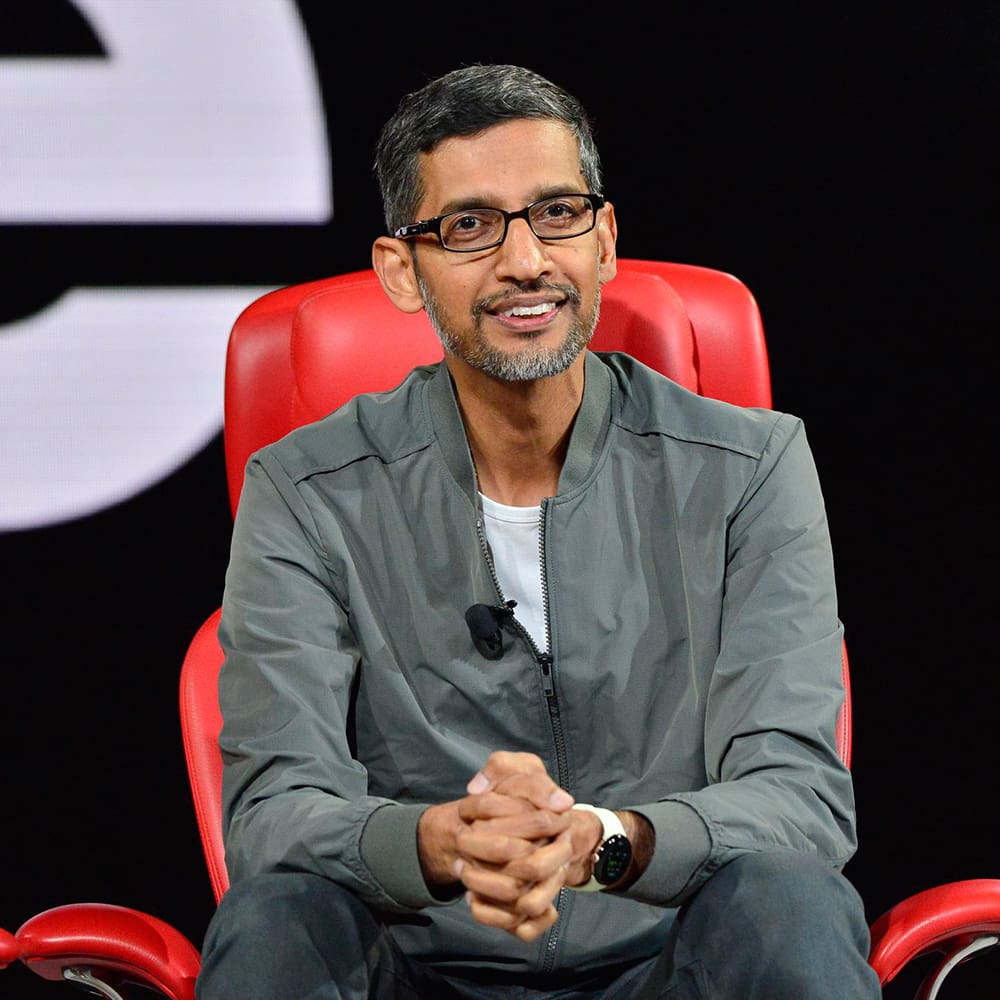When something so huge is happening, even the giants are hurt. Google is the tech company considered the largest the world has ever seen, and it can feel the sting too.
In the world where practically everything is starting to recover from the long-lasting effect of the COVID-19 pandemic, and following Russia's invasion of Ukraine that disrupted many regions' economies, among other things, Google is just like any other companies that wish to survive and thrive.
Despite sitting on billions of dollars in resources, the company still requires to have long-term plans.
And among those plans include cost-cutting plans in times like this.
When the company is belt-tightening its finance, the CEO of both Google and Google's parent company, Alphabet, Sundar Pichai reassured employees that workplace fun doesn't have to be about money.

In a Google town-hall staff meeting in New York, U.S., Pichai said that:
"I think you can walk into a hard-working startup and people may be having fun and it shouldn’t always equate to money."
Pichai said that to respond to employees who asked why Google was "nickel-and-diming employees" by cutting travel budgets and perks.
The CEO emphasized that it's important for the company to pull together during tough times, and because of that, Pichai said that work should remain enjoyable, even when results are not being tied to rewards.
"The fact that you know, we are being a bit more responsible through one of the toughest macroeconomic conditions underway in the past decade, I think it’s important that as a company, we pull together to get through moments like this."
Before this, Pichai talked about the company taking a more conservative approach. By hiring less, Pichai wants the company to be more efficient.
"Across everything we do, we can be slower to make decisions. You look at it end-to-end and figure out how to make the company 20 percent more productive."
He also said that:
"Sometimes we have a product launch process, which has probably, over many years, grown more complicated than maybe it needs to be."
"Can we look at that process and maybe remove two steps and that’ll be an example of making something 20% more efficient? I think all of us chipping in and doing that across all levels, I think can help the company. At our scale, there is no way we can solve that unless units of teams of all sizes do better."
Google was known for its lavish parties and huge perks.
But with the finance restriction, the CEO denied that the company is embarking on "aggressive cost saving." What Pichai wants, is to stop the company from "rapidly hiring and spending."
"I think it's important we don't get disconnected. You need to take a long-term view through conditions like this."
It's also worth noting, that the headcount at Google doesn't really follow the global trend.
For example, people working at Alphabet ballooned to more than 20% between the second quarter of 2022 and the year earlier during the COVID-19 pandemic.
During the company's 2022 second quarter earnings call, the company experienced its second consecutive quarterly earnings miss, and Alphabet attributed the 24% increase in operating expenses to the increase in R&D expenses, "which was driven primarily by headcount growth."
Google was on a hiring spree, in the time when most of the world was struggling to survive the pandemic.
It's worth noting that Pichai has earned millions of dollars per year, since becoming CEO.